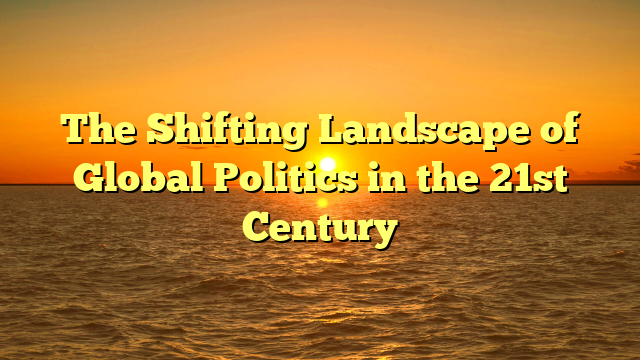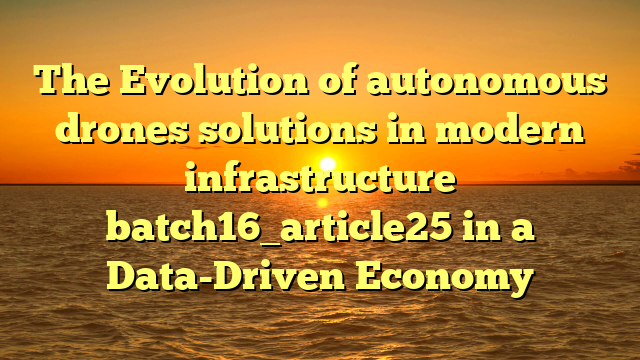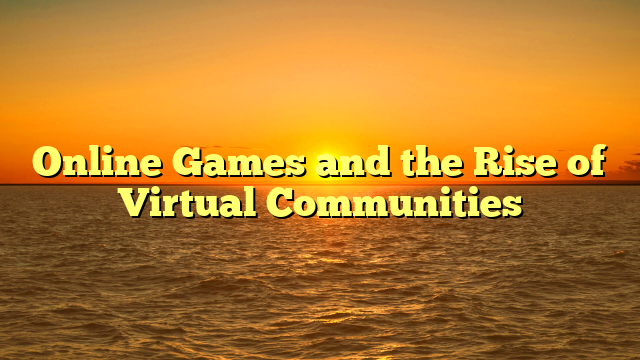
In recent decades, global politics has undergone dramatic transformations, shaped by technological advances, ideological shifts, and a growing demand for transparency and justice. From the rise of populism to the challenges of climate change diplomacy, the 21st-century political landscape reflects a world increasingly interconnected yet deeply divided.
One of the most significant developments in global politics has been the rise of populist leaders and movements. Across democracies in Europe, Asia, and the Americas, populist rhetoric has appealed to voters who feel left behind by globalization and disillusioned by traditional political elites. Leaders such as Donald Trump in the United States, Jair Bolsonaro in Brazil, and Marine Le Pen in France have capitalized on economic frustration and cultural fears, emphasizing nationalism, immigration control, and anti-establishment sentiments. This trend has often polarized societies, weakening the center-ground politics that have traditionally fostered compromise and stability.
Another crucial factor reshaping politics is the rapid evolution of technology. Social media platforms like Twitter, Facebook, and TikTok have become essential tools for political communication and activism, but they also present serious risks. While they enable real-time engagement between politicians and citizens, they can amplify misinformation, deepen political echo chambers, and even be manipulated by foreign actors. The spread of fake news has already influenced elections in several countries, prompting urgent discussions about digital literacy, media regulation, and online ethics.
Climate change has also emerged as a defining issue of our era. Political discourse around environmental policy is no longer confined to scientific circles—it is now a top priority for voters, especially younger generations. Governments are under pressure to meet international commitments such as the Paris Agreement while balancing economic growth and environmental sustainability. This has sparked fierce debates over the transition to renewable energy, the future of fossil fuels, and the responsibility of developed nations to lead in climate action. The politics of climate change are increasingly shaping election campaigns, international alliances, and even trade agreements.
At the same time, the global order established after World War II is being tested. Institutions like the United Nations, NATO, and the World Trade Organization face questions about their relevance and effectiveness. The rivalry between the United States and China, in particular, is transforming geopolitical alliances and sparking concerns about a new era of Cold War-like tensions. Meanwhile, developing countries are demanding a stronger voice in international forums, pushing for a more equitable and multipolar world order.
Domestically, many democracies are struggling to maintain public trust. Political polarization, corruption scandals, and perceived inefficiency have eroded confidence in democratic institutions. In response, grassroots movements and civil society organizations have gained momentum, advocating for electoral reforms, social justice, and government accountability. From pro-democracy protests in Hong Kong to mass mobilizations in Latin America and Eastern Europe, ordinary citizens are playing a more prominent role in shaping political outcomes.
Looking ahead, the future of politics will likely depend on how societies address these complex challenges. fero4d login , civic engagement, and inclusive governance are essential for fostering informed and resilient democracies. While the risks of division and authoritarianism are real, so too are the opportunities for innovation and collaboration.
In an age of uncertainty, politics remains a powerful force for shaping our collective destiny. Whether it leads to greater conflict or cooperation will depend on the choices we make—and the leaders we choose—in the years to come.





